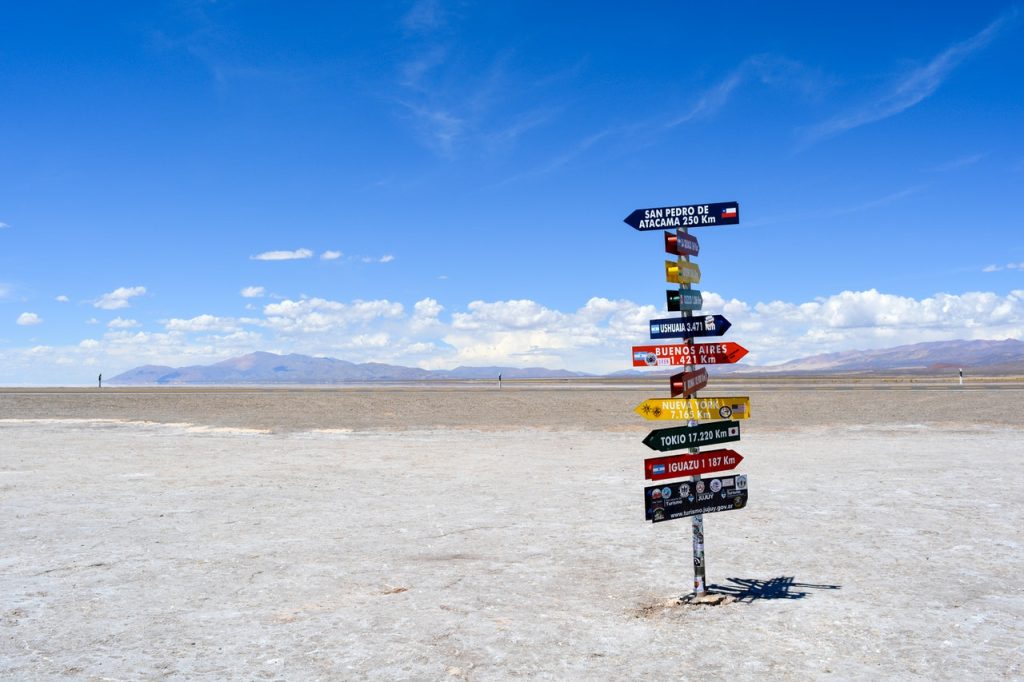Airlines have partner airlines – the main reason is so that their partner airlines can take you where you want to fly, because every airline does not fly to the same place. When an airline belongs to a global alliance, like Star Alliance, oneworld, or SkyTeam, all airlines in the same alliance are automatically partners and cooperate on some levels. Airlines can also have partnerships outside of their alliance – some airlines have partnerships with other airlines even when both of these airlines belong to different alliances; in cases like these, you can generally use your miles for partner awards.
The benefits of airline partnerships and alliances include:
- through check-in, including baggage
- printing of boarding pass at your point of origin
- frequent flyer benefits on every flight
- lounge access
… and more.
The entire idea of alliances and partnerships is that you can book a ticket with “your” airline even when they don’t fly there, and still enjoy a smooth travel experience as if you were flying one airline all the way.

you should book partner awards to save miles
Frequent Flyer Benefits
When two airlines are partners, you can generally earn and redeem miles on airline A in airline B’s frequent flyer program (and vv) – this is how alliances work. When two airlines have a partnership outside of an alliance, the terms and conditions for earning and redeeming miles could be different. For example, it may not be possible to earn or redeem miles on certain routes, etc. – be sure to check the rules closely before making any flight purchases or mileage transfers.
In terms of actual frequent flyer status benefits, the general base privileges that are extended to you usually apply alliance-wide. When two airlines are partners outside of an alliance, the benefits that you are entitled to and can use on a partner airline will depend on the exact structure of the partnership in place. Some airlines cooperate more closely with each other than others and may offer more benefits and privileges than other partnerships.
Booking Partner Awards
The beauty of all of this is that you can redeem miles from airline A for travel on airline B if they are alliance members or have a close partnership. This is where the magic happens with miles and points – the airline who’s miles you are using determines the cost of an award ticket, not the airline you are flying.
For example, both American Airlines and British Airways are partner airlines. If you are redeeming American Airlines miles on a British Airways flight, then AA determines the amount of miles required for the flight, not British Airways (even though you are flying BA). The main reason why all of this is important is that you can often book your desired award flight on your desired airline through a partner airline and pay less miles.
A great example is if you have American Express Membership Rewards points, you can transfer them to many airlines – two of those frequent flyer programs happen to be Delta Air Lines SkyMiles and Virgin Atlantic Flying Club. Then taking this scenario further, Delta and Virgin partner with each other and are in the same alliance – so you can use Delta miles for Virgin flights and Virgin miles for Delta flights. Since we know Delta has a horrible program and that we can book Delta flights using Virgin miles, we would simply transfer our AMEX MR points to Virgin and book a flight on Delta at a much lower cost than if we were to transfer those same AMEX MR points to Delta and book with Delta directly.
This is why booking partner awards makes sense – a partner award is defined as redeeming your miles from airline A for travel on airline B.
What is always important to remember is that, in our example above, the ticket belongs to Virgin Atlantic even though you are flying Delta Air Lines. This means that any changes or cancellations must be done with the original booking source – Virgin. This is also why Virgin determines how many miles it will charge you for the partner award and not Delta. Therefore, technically the only thing Delta has to do with this ticket is that you are flying them.

partner awards can help you find some incredible sweet spots
All in All
When you have flexible and transferable points from a bank program, you can transfer these to multiple airlines and this gives you the power and flexibility to find and select the best way to book your award. Remember that sometimes there are limited ways to book an award and sometimes there may be a ton of ways – it all depends on if the airline you want to fly has many partnerships in place. Most major airlines have plenty of airline partners and therefore all of the above is possible.
Another great example is using points from a bank program to fly an airline that doesn’t even partner with that bank program, like transferring AMEX MR points to British Airways and then booking a flight through British Airways on their oneworld partner Alaska Airlines. Alaska does not partner with AMEX in any way, but Alaska’s partner, British Airways does – which is what makes all of this possible.
Booking partner awards usually makes more sense than redeeming miles directly with the airline on one of their own flights. Often, sweet spots exist exactly through this method – transferring points in from a bank to an airline and then booking on another airline for a great mileage price.
